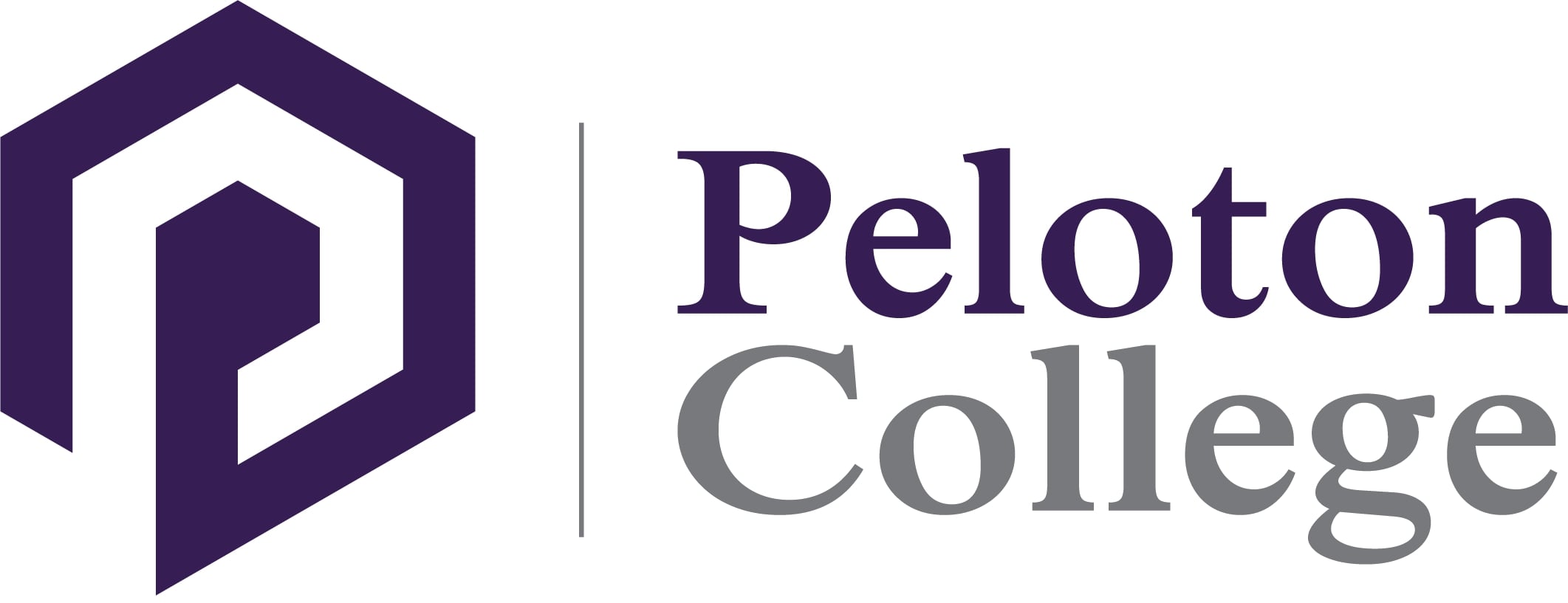What to Expect from Medical Assisting Classes?

Education opens new career paths. However, if it’s been a while since you’ve cracked open a textbook, going back to school can be intimidating. Knowing what to expect helps tame the butterflies while giving you a preview into an occupation. Medical assisting programs offer comprehensive training and a real-world look at the healthcare field.
How to Become a Medical Assistant?
You don’t need a college degree to break into the healthcare field. Medical assistants are in demand, and all you need is a vocational school diploma to get hired. Courses cover what you need to know for success in the field.
What to Expect from Medical Assisting Classes?
Medical assisting programs are a fusion of classroom and hands-on education. You’ll learn theory and practical skills. These courses give you a firm foundation upon which to grow a gratifying career.
Anatomy and Physiology
The study of the human body is integral to medical assisting. This class covers the basics, including the major body systems, common disorders, and treatments. Never dry or overwhelming, the material is presented in a fun way that’s directly linked to a medical assistant’s role.
Electrocardiography
Electrocardiograms are tracings of the heart’s electrical activity. It helps doctors diagnose and treat cardiac problems from dysrhythmias to cardiomyopathy. In this course, you’ll learn the science behind the process and how to perform EKGs.
Vital Signs Theory
Taking vital signs is among a medical assistant’s principal responsibilities. A patient’s temperature, pulse, heart rate and blood pressure tell the doctor a lot about their health. This class covers the importance of vital signs and how to take accurate readings. You’ll practice with the same equipment you’ll use on the job.
Medical Law and Ethics
Healthcare regulations protect the public, so providers must comply. Students in this course explore safety rules and privacy laws. You’ll discuss the ethical concerns that may arise in medical settings. A thought-provoking course, it helps you better understand your responsibilities as a member of the healthcare team.
Medical Assisting Lab Applications
Medical assistants have a significant role in the lab. Depending on where you work, you may collect samples for outside testing or do the analyses yourself. Topics include specimen collection, lab equipment, microscope use, urinalyses, and OSHA regulations. You’ll learn to work safely and efficiently in a laboratory environment.
Medical Office Practices and Patient Services
Healthcare facilities are unlike the typical business. Regulations are plentiful, and patient expectations are high. This course offers an overview of the workflow in a medical setting from check-in to follow-up. You’ll learn about recordkeeping systems, inventory management, and customer care.
Software in Medical Offices
Medical offices store health and financial records on computers. Most practices use integrated software to manage workflow from scheduling to billing. Medical assisting programs cover industry standard EHS and practice management software. You’ll learn the ropes on real-world case studies, like those you’ll encounter in practice.
Medical Insurance and Billing
Medical assistants participate in the billing process either directly or as part of their clinical duties. This course covers insurance models, billing, and coding. You’ll get a better understanding of how insurance impacts treatment decisions, and the role you’ll play in the revenue cycle.
Pharmacology Theory
Medical assistants administer medications, so it’s critical to understand their effects and contraindications. This course covers the major classifications of drugs, how they’re used, and the safety precautions you should be familiar with.
Medical assistants also take refill requests and transmit prescriptions to the pharmacy, so you’ll be taught to read prescriptions accurately. Topics include weights and measures, prescription terminology and approved abbreviations.
Hematology/Phlebotomy Theory
Hematology is the study of blood. As a medical assistant, you’ll learn to draw blood samples for testing. You’ll practice with simulators and on peers, moving on to patients during your externship.
Medical Assistant Externship
Externships are off-campus work experiences. It’s a once-in-a-lifetime opportunity to learn through observation. You’ll shadow a seasoned medical assistant, learning how they manage their time. Under close supervision, you’ll practice hands-on skills, a plus when you start your new job.
What Are the Benefits of a Formal Education?
Formal education is the key to success in any career. There’s no substitute for the foundation it offers. Benefits include:
A Competitive Advantage
Experience is all you need to succeed in some jobs, but in healthcare, education rules. A vocational school diploma demonstrates proven readiness and commitment to the field. It’s an advantage in a competitive industry.
Without formal training, you’ll be forever competing for jobs with experienced applicants who’ll stay one step ahead of you. If your goal is to climb the career ladder, the first step is a good education.
Certification Qualifications
Certifications are the gold standard for competency in most fields. They can help land you a job or a promotion. A vocational school diploma qualifies medical assistants to sit for one of several nationally recognized certification exams. Credentials shine on a resume.
Industry-standard Training
Put 10 experienced people in the same role, and you’ll get 10 different results. Everyone has unique experiences to bring to the table, but healthcare is a standardized field. While there’s plenty of room for creativity, it’s a rules-heavy industry.
Employers are rightly concerned about their staff members’ qualifications. Most insurers, for example, require certain training and certifications among their network doctors’ teams. Hiring managers know that medical assistants with formal training understand the importance of regulatory compliance, so they can work with less intensive supervision. Having a vocational school diploma makes you a more valuable employee.
Better Basic Skills
You can’t get a degree in time management, but formal education teaches you to be better organized. You’ll be on a tight schedule with deadlines, reflecting the workplace environment. Being able to set goals and accomplish them is critical in both academic and healthcare settings. Learning how to do it in a supportive environment will help you spread your wings at work.
Personal Growth
The soft skills you’ll learn in a medical assisting program are as important as practical training. As a person, you’re the sum of your experiences. Formal training programs broaden your worldview by exposing you to new people, ideas, and perspectives.
Students share learning goals, so the campus atmosphere is vibrant and creative. You’ll find new interests and make lasting friendships, improving your communication and critical thinking skills by engaging with others. By graduation day, you’ll be a more satisfied and well-rounded person.
Networking Opportunities
Breaking into a new field is challenging. It’s not what you know, it’s who you know. Enrolling in a medical assisting program helps you make valuable connections that can help you find a job.
It starts in the classroom with seasoned instructors. More than teachers, they’re mentors. Students benefit from their work experience. You’ll also connect with like-minded peers who know people in far corners of the industry. The more people you meet, you more opportunities you’ll find.
Career Services
Quality training is just the start of what vocational schools offer. You’ll have access to career services from day one. Schools partner with local healthcare facilities to understand their training needs. And they, in turn, look to schools for pools of qualified students to tap for jobs. As a graduate, you’ll always be in the right place at the right time.
Final Thoughts
Making a career change is tough enough without your education being a mystery. Knowing what to expect improves your chances of success. The more you know about the curriculum, the better you can assess if a medical assisting program is right for you.
Want to Learn More?
The objective of this Medical Assistant training program at Peloton College is to prepare the student for employment as an entry-level Medical Assistant performing administrative, clerical, and clinical duties within the health care field.
The mission of Peloton College is to be the premier provider of hands-on training and education by providing students and graduates with the necessary skills to secure occupational careers. Contact us today to learn more.



